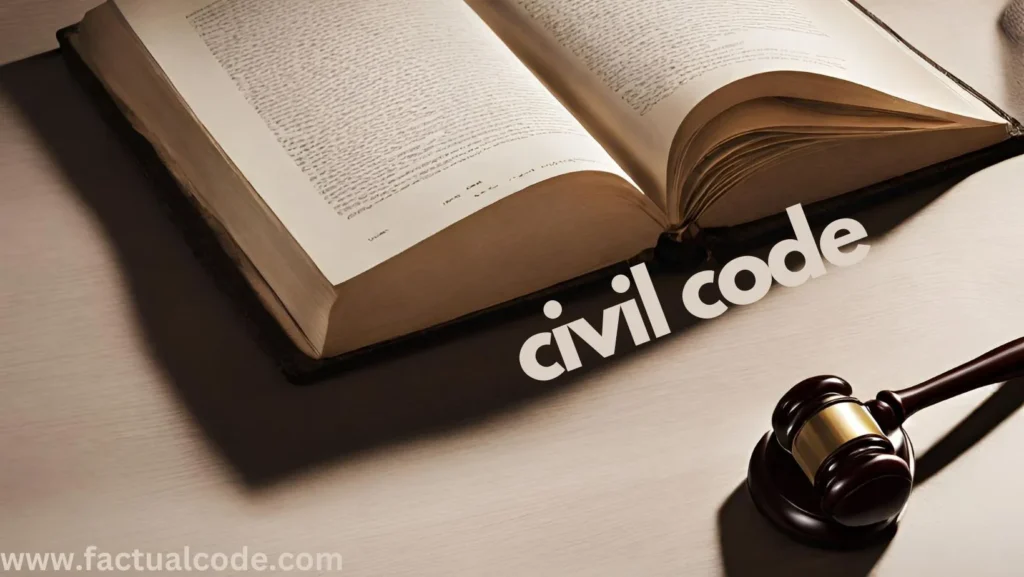Introduction
An interpleader suit is a legal mechanism provided under Section 88 and Order XXXV of the Civil Procedure Code, 1908 (CPC). It is designed to protect a person who is in possession of a property, debt, or money that is claimed by two or more parties with conflicting interests. In such cases, the plaintiff, who does not claim any interest in the property, requests the court to determine the rightful claimant and to discharge them from further liability.
Example:
Suppose A finds a lost watch. Both B and C claim ownership. Since A does not claim the watch for himself, he can file an interpleader suit to resolve the dispute.
Definition of Interpleader Suit
An interpleader suit is a type of civil suit where the plaintiff (also called the stakeholder) holds a property or fund claimed by two or more parties and seeks to compel them to litigate among themselves to determine who is entitled to it.
Conditions for Filing an Interpleader Suit
The following conditions must be satisfied under Section 88 CPC for an interpleader suit to be maintainable:
Conflicting Claims:
Two or more persons must claim adverse rights over the same debt, sum of money, or property from the plaintiff.
Plaintiff’s Disinterest:
The plaintiff must not have any interest in the subject matter other than for charges or costs incurred.
Nature of Property:
The property in dispute can be either movable or immovable.
No Collusion:
There must be no collusion between the plaintiff and any of the defendants.
Absence of Other Pending Suits:
There must not be any other suit pending in which the rights of the parties can be properly adjudicated.
Who Can File an Interpleader Suit?
Any person who:
- Holds property or money claimed by others,
- Has no claim or interest in it, except for charges or costs,
- Is at risk of facing multiple liabilities due to competing claims,
can file an interpleader suit.
Illustration:
A deposits a box of valuable jewels with B, his agent. Both C and D claim ownership of the jewels. Since B is merely holding the property, he can initiate an interpleader suit to determine the rightful owner.
Who Cannot File:
- Agents and Tenants: An agent cannot file an interpleader suit against their principal. Similarly, a tenant cannot file it against their landlord.
Illustration:
A deposits gold with B, his agent. C claims the gold from B, alleging that it was stolen. B cannot file an interpleader suit against A and C.
Procedure for Filing an Interpleader Suit
The procedure for instituting an interpleader suit is governed by Order XXXV CPC, which provides the following rules:
Rule 1:
The plaintiff must state in the plaint:
- That they claim no interest in the property except for charges or costs.
- That the defendants have made separate claims.
- That there is no collusion between the plaintiff and any of the defendants.
Rule 2:
If the property or money in dispute can be deposited in court, the court may require the plaintiff to do so as a condition for proceeding with the suit.
Rule 3:
If any of the defendants sues the plaintiff separately for the same subject matter, the court can stay that suit until the interpleader suit is resolved.
Rule 4:
At the first hearing, the court may:
- Discharge the plaintiff from any liability concerning the property or fund.
- Retain the plaintiff as a party if necessary for justice.
Rule 5:
Agents and tenants cannot file interpleader suits against their principals or landlords, except in cases where their title is disputed by a third party.
Illustration:
If B, a tenant, holds rent money, and both X (the landlord) and Y (a third party) claim it, B cannot file an interpleader suit against X unless Y has a legitimate claim over the rent.
Rule 6:
The court may grant the plaintiff a charge over the disputed property for costs and expenses incurred during the suit.
Important Case Laws
This case highlighted that tenants and agents cannot file interpleader suits against landlords or principals, emphasizing the limitations imposed by Order XXXV, Rule 5 CPC.
The Bombay High Court held that the plaintiff must demonstrate no interest in the subject matter, other than for charges or costs, to institute a valid interpleader suit.
The Delhi High Court reiterated that an interpleader suit is appropriate when multiple parties assert competing claims over a specific property or fund held by a third party.
Conclusion
An interpleader suit is a crucial legal remedy designed to prevent a stakeholder from being drawn into multiple litigations over the same property or fund. By allowing the court to determine the rightful claimant, it provides a fair and efficient resolution of conflicting claims, thereby ensuring that the stakeholder is discharged from further liability. Proper understanding and application of Section 88 and Order XXXV of CPC are essential for both legal practitioners and law students preparing for exams.

